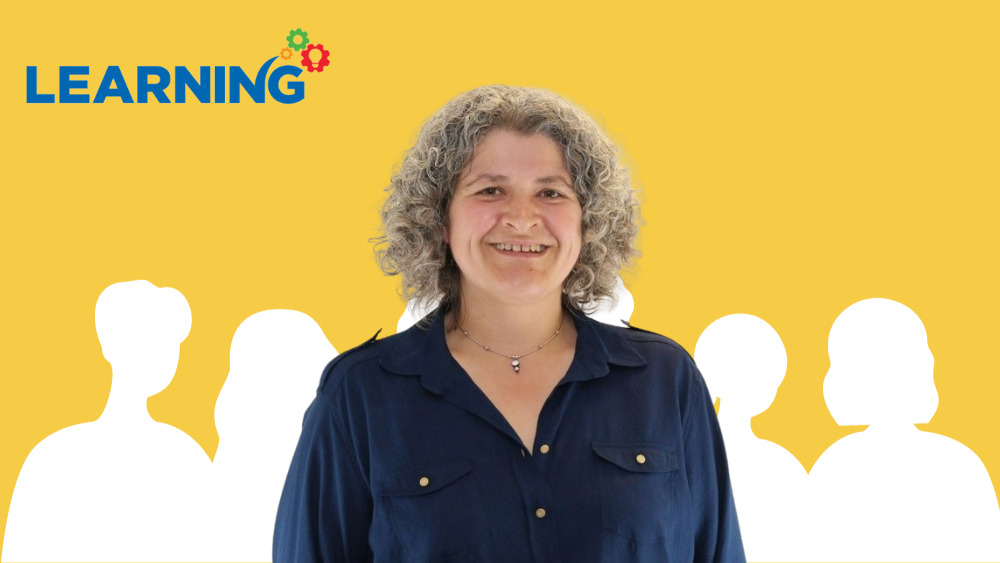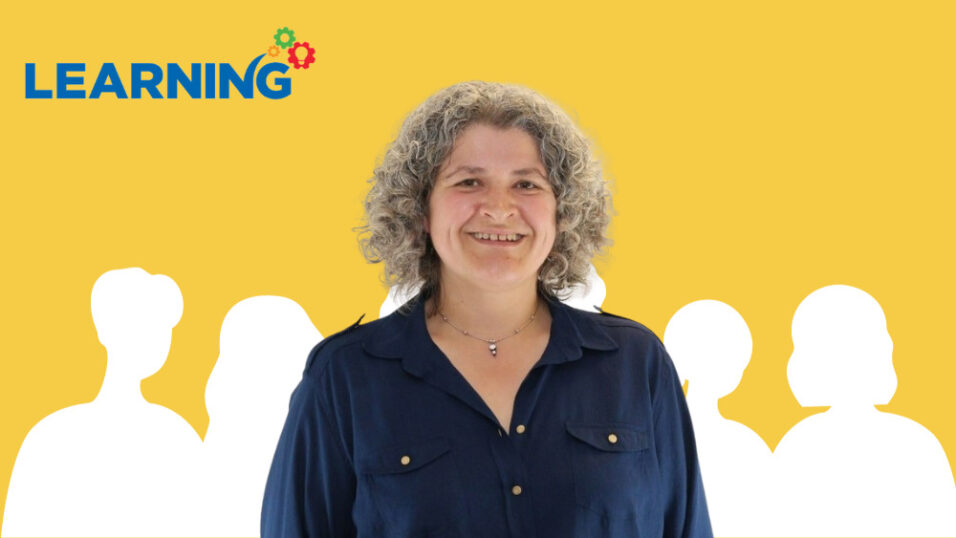



We’ve overachieved in our plans so far…but I’m not getting overconfident
By | 9th November 2023




By | 9th November 2023
Recently, our director of employee experience and development – Kirsty Brooks – was interviewed by People Management magazine to share how she implemented a people-first ethos in our organisation.
When did you join Chubb? What was the HR/industry situation as you found it?
I joined a little over 14 months ago, and I think we’ve made great strides during that time – not because of me, but as an organisation. I look after the employee experience and development, which is a first for Chubb. In terms of my background and what led me to this role, I cut my teeth in operational HR and then moved into talent management, where I spent a good chunk of my career. So, essentially my focus has been on talent management, succession planning and development of capability within an organisation – and of course talent attraction, too.
I joined Chubb not long after it was acquired by a new parent company, which comes with both benefits and opportunities: changing systems and processes meant we lost a lot of our people data in the transition. But from a positive viewpoint, meant we had a blank canvas to work with and could get to work on implementing a people-first ethos.
Where did you start?
We agreed on a plan that would be based on three elements: attract, develop and retain. We have a workforce of around 13,000 globally, 2,500 in the UK and Ireland, not including contractors and those roles range from engineers who are fixing and installing systems across the country, to sales executives, project managers and back office staff etc, so our approach had to be people-led to cater for the diverse needs of the workforce.
This year was the very first year that we ran a full deep dive into the organisation. Typically in the past, we looked at the top two tiers of the organisation, then it was rolled out into Europe and then out globally. This year we’ve taken the opportunity to dive right down into engineering. So everyone within our organisation has been evaluated via a deep-dive process. There were two reasons for doing that: to understand what talent, skills and capabilities we have within the organisation, and secondly, it was an educational piece around identifying the high-potential employees and understanding how to support and develop them. We could then create a training needs analysis and it also allowed us to move people around.
What people-first initiatives have you launched to attract, develop and retain talent?
After the deep dive, we recognised that we have three areas to focus on: sales, technical and management capability. With sales, you often see the same faces coming around, all sourced from the same talent pool, but the reality is we need new businesses to make the organisation sustainable. We introduced the sales associate programme and the sales edge programme. One brings new early career entrants into sales; with no previous experience and most often graduates. We’re then training them the way we want them to work and we’re moving them through an 18-month programme to keep the pipeline moving. This brings new people into the industry and new people into sales and gives us the opportunity to guide them in the direction we need them to focus on, which is all about new lead generation, new business and so forth.
To increase our management and leadership capability, we launched our management edge programme and our leadership edge programme, drawing heavily on our apprenticeship levy and training budget so we can build great leaders, integrating Franklin Covey’s seven habits of highly effective people, as well.
The third element is an accelerated technical development programme, which we call our ADP. We recognise that there is a huge skill shortage in fire and security, so we created a fast track alongside our apprenticeship programme, which is quite unheard of really, inviting people in mid-career, or who have been in an alternative career previously. It’s an 18-week development programme, which aligns with our apprenticeship programme. With this programme, we are able to recruit on behaviours, not competency, meaning we’ve been able to bring some very different people into the business, from an engineering perspective.
Early results show our attrition rate has fallen from 18 per cent last year to a current rate of 14 per cent, and we are hitting plan in terms of financials, and forecast. In fact, we’ve overachieved on our plans so far, which indicates that these people initiatives are all enablers for business growth. But I’m not getting too cocky so early on in the programme.
There must have been some challenges along the way. What advice would you give other HR professionals facing similar situations?
I think sometimes where organisations fall down from a people point of view, is not creating that very clear, focused, simple plan that’s meaningful to the business and to the people. Even with a plan in place, you have to act on it. If you’ve got a plan, you must regularly circle back to that plan, be accountable for it and own it. I’ve learned a lot over the last 14 months of being with Chubb; you absolutely have to get buy-in from the senior leadership team to roll out change and that means data is king. If you don’t have it, go get it. Always measure what you’re doing. And again, that will reinforce the buy-in.
Secondly, make sure to communicate, engage and collaborate with the business. You can’t do this alone, which is why I will never have a big HR team but will always engage the business and get the frontline employees to support the change projects.
I guess finally, it’s just making sure you always keep the personal touch, particularly when you reach a certain level, and you’re doing big things from a people perspective. That’s one thing I would always advise people to do.
This article first appeared on the People Management website, 26 October 2023: https://www.peoplemanagement.co.uk/article/1845309/weve-overachieved-plans-so-far%E2%80%A6but-im-not-getting-cocky